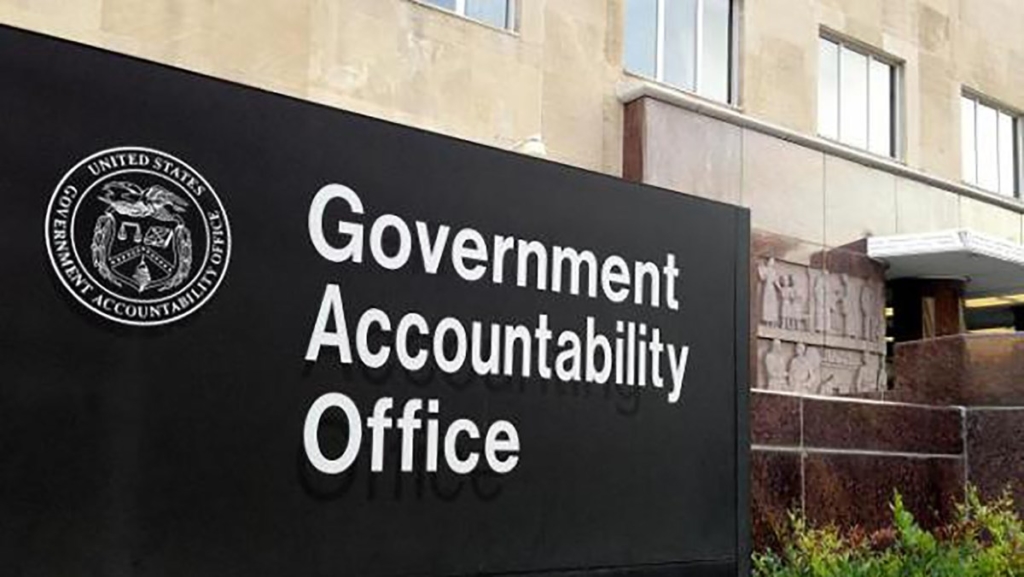December 10, 2020
Once a federal requirement is competed among 8(a) firms, an agency cannot reverse course and attempt to procure on a sole-source basis. This is illustrated in a recent GAO decision, UpSlope Advisors, Inc., B-419036,B-419036.2: Nov 25, 2020.
The GAO sustained a protest of the U.S. Transportation Command’s attempt to sidestep competition by bundling requirements that were previously competed separately among capable 8(a) businesses.
Agencies must compete contract awards among 8(a) program participants when:
- At least two eligible 8(a) businesses are expected to submit offers at a fair market price; and
- The anticipated award price of the contract, including options, will exceed $4 million (for non-manufacturing contracts). See 13 C.F.R. § 124.506(a)(2)(ii).
There is an exception to this rule for sole-source awards to Tribally-owned or ANC-owned businesses. A requirement previously competed among 8(a)s, however, may not be removed from competition, even if proposed for sole-source award to a Tribally-owned or ANC-owned business. See 13 C.F.R. § 124.506(b).
Agencies sometimes try to sole-source awards of requirements previously offered for competition among 8(a) businesses. They attempt this by either slicing a program into smaller bits to avoid exceeding the $4 million dollar threshold, or by bundling requirements previously competed among 8(a)s and arguing they are “new.”
The U.S. Transportation Command attempted the latter, which became the subject of UpSlope’s protest. UpSlope, an 8(a) small business, protested the agency’s notice of intent to sole-source requirements previously procured through competition among 8(a) businesses, where UpSlope could compete for award. The GAO found there was no basis to conclude that the agency’s needs were significantly changed simply because the 8(a) STARS II GWAC vehicle formerly used could no longer meet the agency’s procurement needs. The GAO held that a requirement is “new” only if the magnitude of changes is “significant.” Changes to a requirement are “significant” if there is either: (1) a price adjustment of at least 25 % (adjusted for inflation), or (2) there are significant additional or different types of capabilities or work required by the agency. 13 C.F.R. §124.504(c)(1)(ii)(C).
The GAO found that the magnitude of change between the procurement the agency proposed for a sole-source award to a Tribally-owned business was not significant enough to cause a price adjustment of at least 25%. The GAO also found that the proposed sole-source contract did not require significant additional or different types of capabilities or work. The GAO evaluated the agency’s own language demonstrating that its sole-source requirement was simply a “consolidation” of three formerly separate requirements previously solicited under competitive 8(a) program procurements. Based on this record, the GAO sustained UpSlope’s protest.
For questions regarding this decision, please contact Shiva Hamidinia at shamidinia@nicholsliu.com or 202-846-9829.
About the author:
Shiva helps high growth government contractors win, keep, and successfully perform projects. Intimately familiar with the pitfalls of federal contract documents and jobsite realities, Shiva provides concise business-minded legal advice to help contractors mitigate risks and increase opportunities.
Disclaimer
The information provided in this blog does not, and is not intended to, constitute legal advice; instead, all information, content, and materials available on this site are for general informational purposes only. Information on this website may not constitute the most up-to-date legal or other information. Readers of this website should contact their attorney to obtain advice with respect to any particular legal matter.
